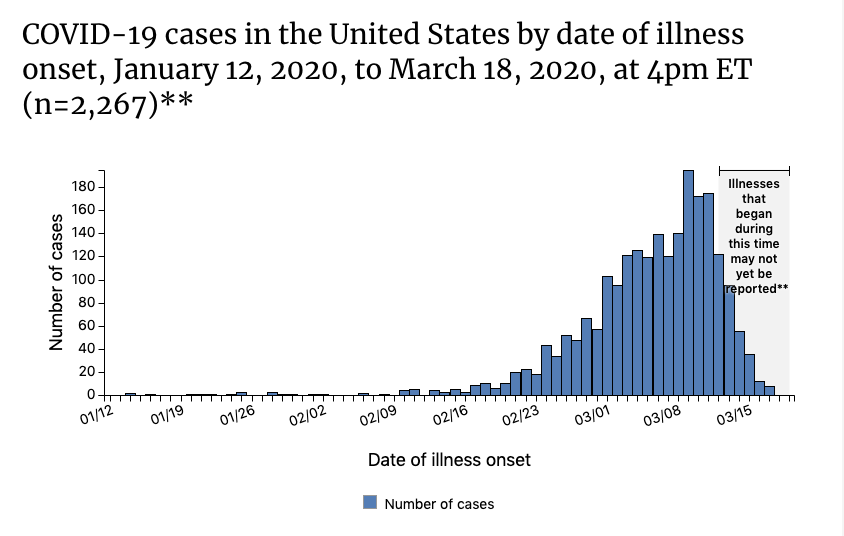
A global virus infection dashboard is maintained by Johns Hopkins University.
Data Scientists Key to Keeping World Informed on Virus Trends
Crunching the virus numbers is critical to fighting the global pandemic, thrusting data scientists into a key role disseminating crucial information to the world, according to a story on MIT’s TechnologyReview.com.
A collaboration promoted by the White House Office of Science and Technology Policy (OSTP), the National Library of Medicine (NLM) at the National Institutes of Health provided access to a pool of 24,000 scientific papers from across the world. That may help in speeding up extrapolation of information and slowing the virus.
As the Centers for Disease Control (CDC) pushes to “flatten the curve” of the virus through sequestration and social distancing, avoiding a collapse of the U.S. health care system, data scientists using AI models and all available data are helping to create models and predict the rate of spread. According to Jeremy Howard of the University of San Francisco, and cofounder of Fast.ai, which offers free courses on deep learning, they are leading the way.
“COVID-19 is … a tricky thing to reason about — very tricky thing to reason about. Intuition breaks down,” said Jeremy Howard in an interview with VentureBeat.
Data scientists are filling the gaps in understanding how the virus spreads and how to stop it. Along with Microsoft and the Allen Institute for AI, the White House Office of Science and Technology (OSTP), made its COVID-19 Open Research Dataset (CORD-19) available for use.
In addition, Kaggle, a Google company that calls itself as the world’s largest community of data scientists, launched a forecasting challenge to uncover factors that impact coronavirus transmission rates. Also, Johns Hopkins University offers a public dashboard tracking infection rates, recovery rates, and death rates by geographic location.
Another useful data tool, the COVID Tracking Project, is a volunteer effort created by Jeff Hammerbacher of Related Sciences, along with two journalists from the Atlantic, Robinson Meyer and Alexis Madrigal. Volunteers from various fields are maintaining and updating the data.
read more at venturebeat.com

COVID-19 infection chart in the U.S. (Source: CDC)







Leave A Comment